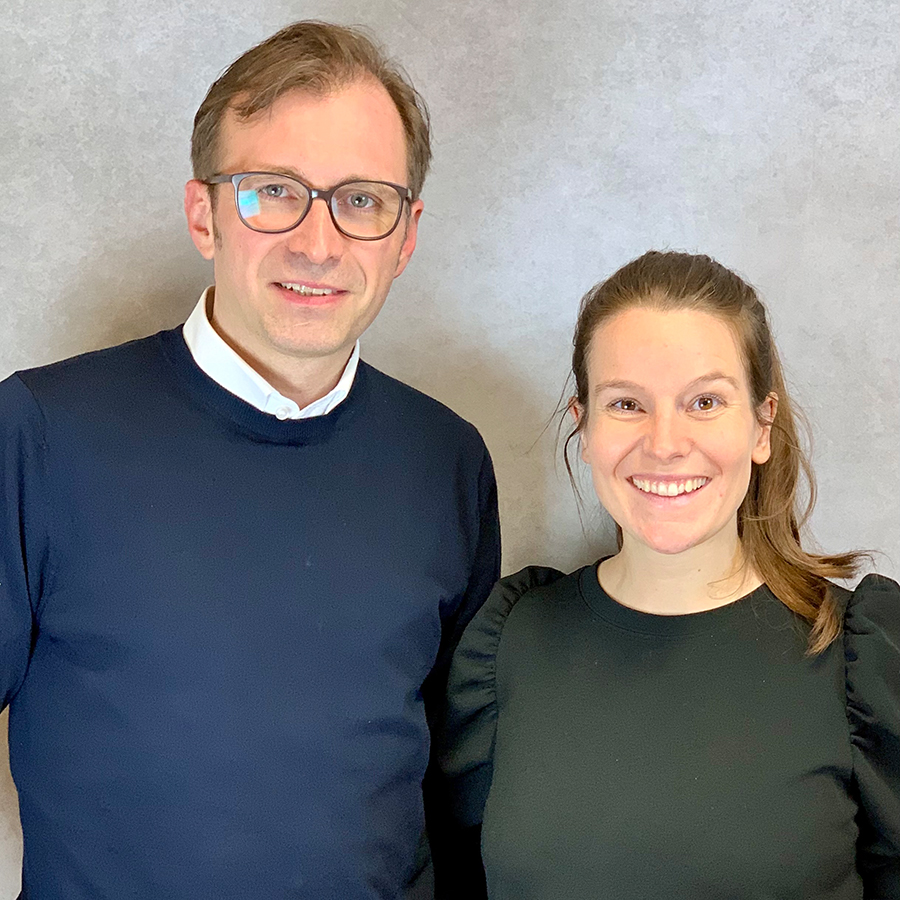Following a challenging 2020, Arqus – the European University Alliance, comprising the University of Graz and six partners – has some ambitious plans for 2021. Over the next few weeks, the people at the University of Graz who are involved in the Arqus alliance will be reporting on what it has achieved so far and what objectives it has set itself for this year.
Today: Action Line 5 (AL5): “Entrepreneurial University and Regional Engagement”
Contacts at the University of Graz: Bernhard Weber (Centre for Knowledge and Innovation Transfer) and Christina Kröll (Centre of Entrepreneurship and Applied Business Studies)
Scientific results as the basis for new inventions, techniques, or even companies: this is the “entrepreneurial spirit” that has been increasingly prevalent at universities for some years. Arqus takes this entrepreneurial spirit into account in the AL5. What has been achieved in this area during the first year of this alliance?
We started out with a lot of ambition. Due to the pandemic, we have of course had to adapt most of our plans. The “Virtual Company Creation Challenge”, for example, was really “virtual” with video pitches, however it all worked out very well in the end. The competition was even won by a start-up team from Graz with a great idea for a novel training model for medical professionals.
The second format we have developed has also gotten off to a good start: ISLYE, short for “International Soft Landing for Young Entrepreneurs”, offers young founders the opportunity to make new contacts with like-minded individuals at the various locations of the respective Arqus universities, to get to know the regional economy, as well as to expand into new, European markets with the help of the Arqus partners. There will also be new job advertisements for both formats in 2021. We hope that in these formats, from the middle of the year onwards, we will be able to really physically implement the planned aspects in the area of mobility. Additionally, a special focus of the Action Line is on female founders. We are currently asking them what they would like to see specifically from the university environment in terms of support.
What is your experience of the cooperation within the alliance, which has seven partner universities?
Exciting and varied – also because we notice differences in mentality at these various universities. Mostly, an energetic approach to entrepreneurship is noticeable, while elsewhere the topic is still approached rather cautiously. However, different perspectives always allow us to reflect on our own individual approach. What unites us is the approach to handling project challenges in a very solution-oriented way.
For an alliance like Arqus, which focuses on international exchange and mobility, the restrictions brought about by the coronavirus pandemic proved particularly challenging. Looking back, is there anything positive to be taken away from 2020?
In general, the atmosphere within our Action Line was and is very good. COVID-19 may have created even more cohesion because we all agreed that we wanted to complete as many projects as possible, despite difficult circumstances. Generally speaking, we in the AL5 are working in an interesting field of action that brings together experts from the fields of science and business. This attitude will become even more decisive for the appeal of a university and its location in the future. We see that Arqus can strongly drive the development of new technologies forward by connecting the start-up communities in Bergen, Graz, Granada, Leipzig, Lyon, Padua and Vilnius. Ultimately, however, the implementation of our plans works mainly because the prevailing mood in our team is positive, and because we have a very conscientious and committed project coordinator in Anja Hoffmann here in Graz.
>> Retrospective: Faces of Arqus#1: AL 5 (2019)
